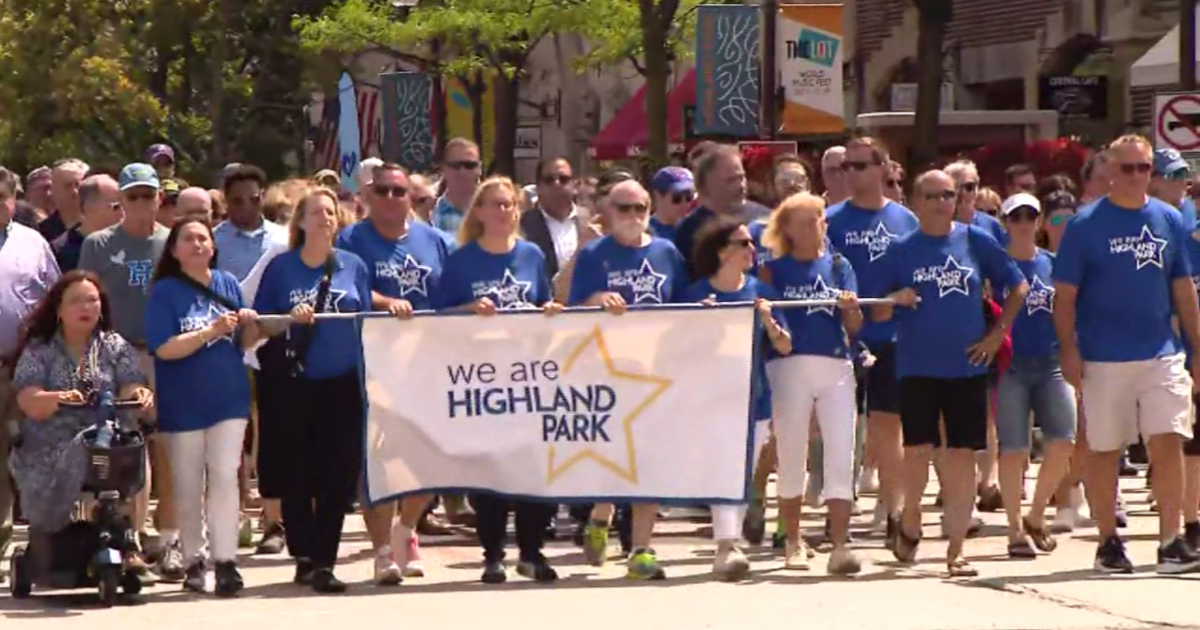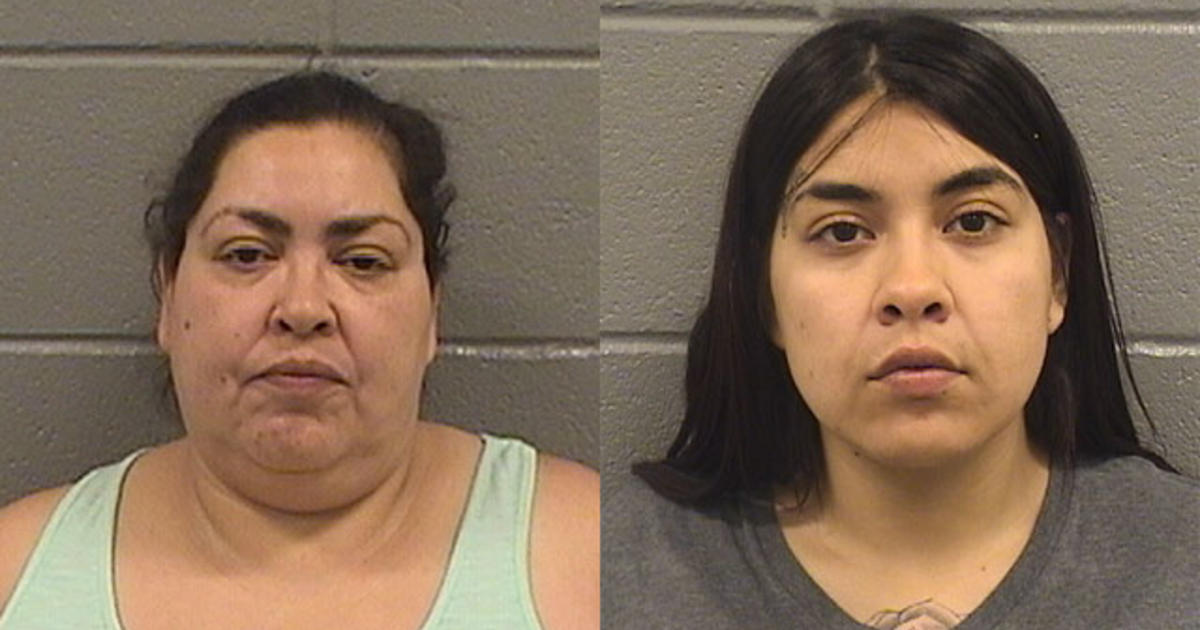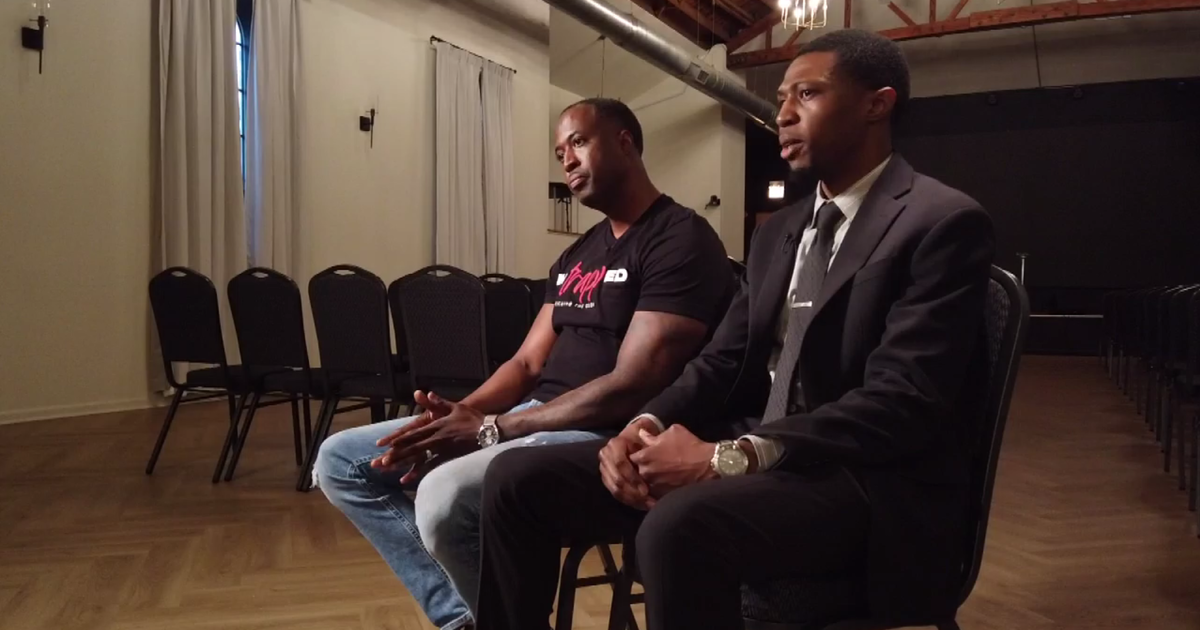Northwestern Professor Known For Death-Row Reversals Will Retire
UPDATED 06/14/11 9:45 a.m.
CHICAGO (CBS) -- David Protess, the Northwestern University journalism professor who is credited with helping free wrongfully convicted prison inmates, will be resigning from the university.
As WBBM Newsradio 780's Lisa Fielding reports, over the last 15 years, Protess and his investigative reporting team at the Medill Innocent Project have helped free more than 10 innocent men from prison since 1996. Among those they helped were death row inmates.
A journalism professor whose students are credited with helping free wrongfully convicted prison inmates will resign from Northwestern University.
The work of the project was the catalyst for Gov. George Ryan's decision to put a moratorium on executions in Illinois in 2000, after it was discovered that 13 innocent people were on death row. Ryan emptied the state's death row three years later, and earlier this year, Gov. Pat Quinn signed a bill banning the death penalty in Illinois.
But Protess' students' methods have been under scrutiny. Protess was notified earlier this year that he wouldn't be teaching investigative journalism for the quarter.
LISTEN: Newsradio 780's Lisa Fielding reports
Podcast
Medill dean John Lavine decided to take action against Protess after a review by the university about the practices of the Innocence Project. The review found what Northwestern termed "numerous examples of Protess knowingly making false and misleading statements to the dean, to university attorneys, and to others," according to the statement.
"Such actions undermine the integrity of Medill, the university, the Innocence Project, students, alumni, faculty, the press, the public, the state and the court," Northwestern said.
The allegations deal specifically with the case of Anthony McKinney. Protess and his students said McKinney had been wrongly convicted of the 1978 murder of a security guard in Harvey, and investigated the case from 2003 through 2006.
Two years ago, Cook County prosecutors subpoenaed notes and recordings from the Innocence Project. Among the information subpoenaed was students' grades, private e-mails, Protess' syllabus, and memoranda the students had created as part of their investigation into the McKinney case.
Prosecutors said they wanted to investigate whether the students may have skewed their findings to get a good grade, a claim Protess and his students denied from the beginning.
In an effort to cooperate with the subpoena, Northwestern officials needed to know which materials could be protected by a claim of reporters' privilege, versus which ones would have to be turned over, the statement said.
University attorneys relied on Protess to make that distinction, and Protess said the students' memos were privileged. Thus, the university took that position in court, according to the statement.
But at a court hearing in June of last year, it turned out McKinney's attorneys had the student memos, even though Protess said they'd never been shared outside of Medill, the statement said. The university's position in court was thus rendered unsupportable, and the law firm Sidley Austin withdrew its representation of Protess, the statement said.
A review of evidence by the firm Jenner and Block discovered that despite claims to the contrary, Protess had authorized the release of the student memos to McKinney's attorneys, and knew that he had waived any claim of reporters' privilege for the memos in doing so, the statement said.
The university claimed further that Protess deliberately tried to hide the fact that he had released the memos to McKinney's attorneys.
In a response to CBS 2 earlier this year, Protess strongly denied the allegations, and accused Northwestern of making "wild accusations to justify a suspension from teaching that violates their own rules."
The Medill Innocence Project has been behind investigations that brought freedom to more than 10 inmates wrongly convicted of murder – some even from Death Row.
Protess and his students made headlines in 1999, when after months of digging for clues, they found evidence that Anthony Porter did not commit the 1982 murders of which he was convicted and sentenced to death.
"We all feel collectively outraged that Anthony Porter was allowed to sit on death row for 16 years in the first place, and came within hours of being executed," Protess told reporters at the time. "That's a sobering thought."
Porter had been convicted of killing two teens – Marilyn Green and Jerry Hillard – in Washington Park in August 1982, and was sentenced to death. But the man who implicated Porter recanted his claims to a Northwestern student in 1999, saying police had tortured him into fingering Porter.
But his students' methods have been under scrutiny. Protess was notified earlier this year that he wouldn't be teaching investigative journalism for the quarter.
Cook County prosecutors have subpoenaed the notes and grades of Protess' students in connection with their investigation into an alleged wrongful conviction. They have denied any wrongdoing.
A university statement Monday says David Protess's retirement is effective Aug. 31. He says he will head the non-profit Chicago Innocence Project.
He's been teaching at Northwestern since 1981.
(TM and © Copyright 2011 CBS Radio Inc. and its relevant subsidiaries. CBS Radio and EYE Logo TM and Copyright 2011 CBS Broadcasting Inc. Used under license. All Rights Reserved. This material may not be published, broadcast, rewritten or redistributed. The Associated Press contributed to this report.)



